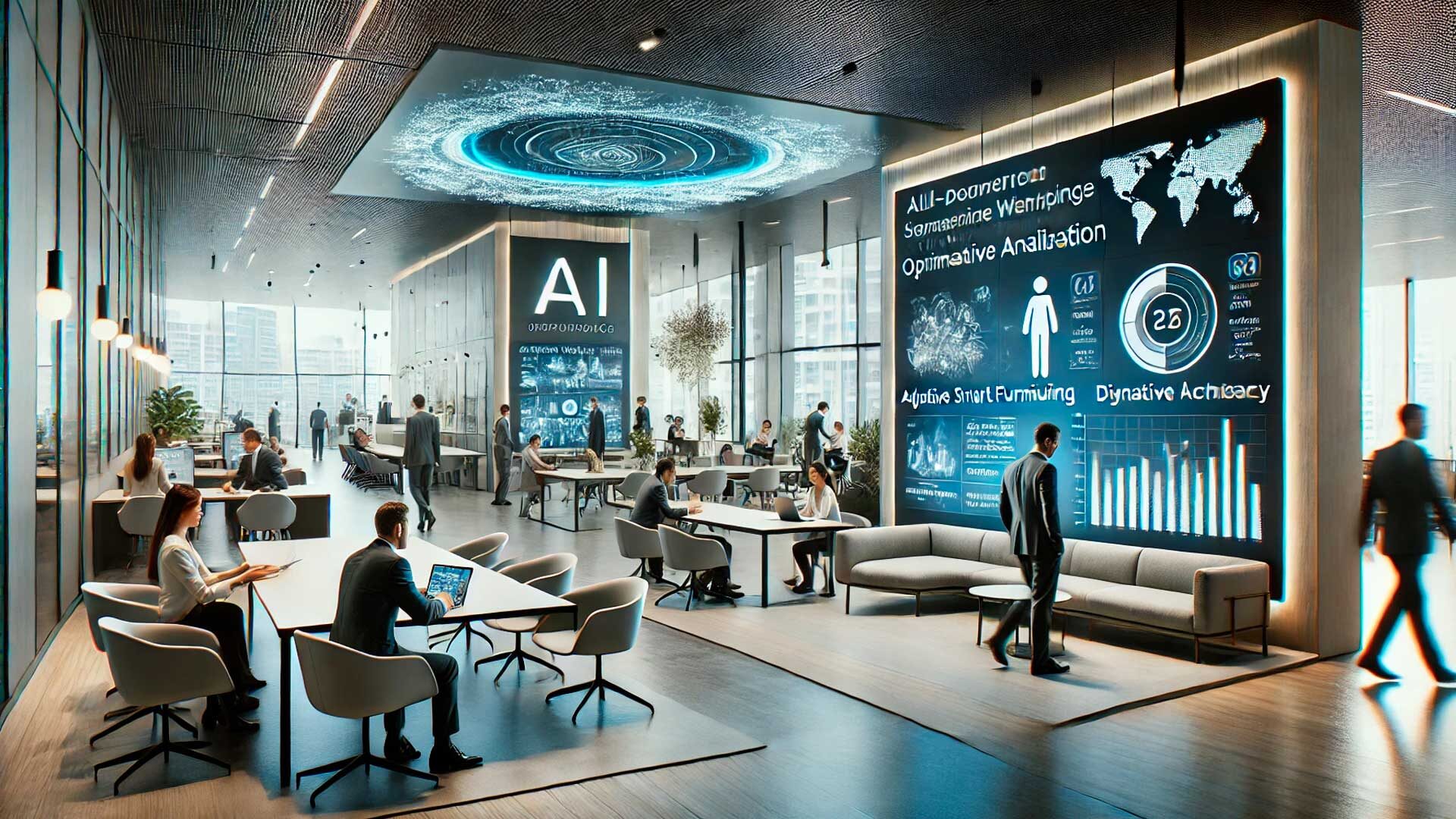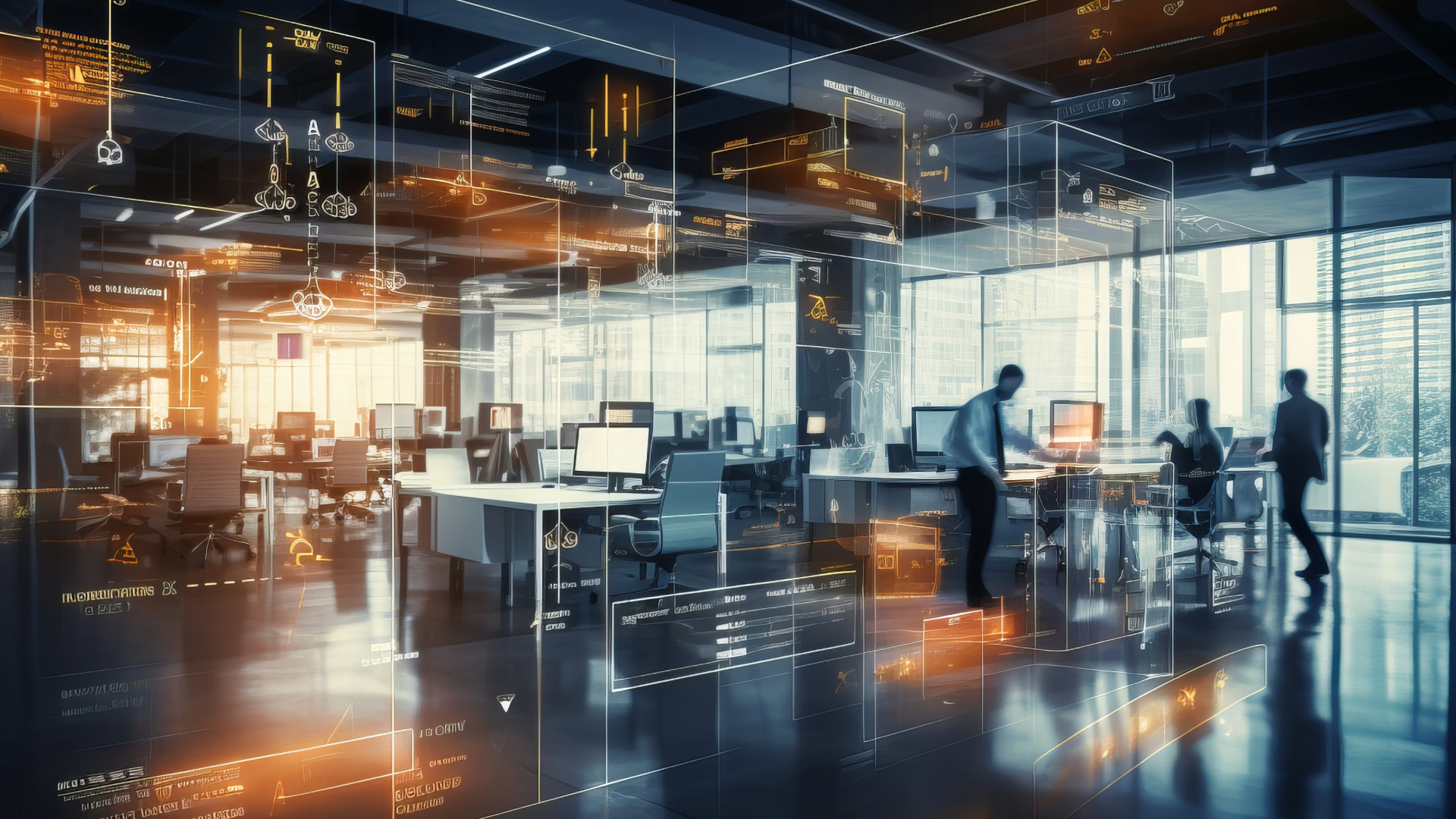When we hear “office politics,” most of us think about favoritism, gossip, or promotions decided by who speaks the loudest. But artificial intelligence (AI) is changing all that. AI is becoming more than just an office tool—it is reshaping organizational structures, workplace culture, and even how employees work together.
Every AI rollout today shows that AI could bring fairness and productivity, but also new challenges. Let’s see how AI is changing office politics and team culture, employee performance, and navigating office politics in the age of AI.
Can AI Make the Workplace Fairer and More Transparent?
One of the toughest parts of office life is favoritism. But AI-driven systems are now being used to track performance more clearly. AI tools focus on measurable results instead of subjective opinions. This reshaping of organizational behavior means AI can make decisions fairer—if used responsibly.
Here is what Miriam Groom, CEO of Mindful Career Coaching, says:
“AI offers powerful opportunities to increase transparency, especially in areas historically prone to bias, like performance reviews, promotions, and feedback loops. Tools that assess employee performance using consistent criteria—rather than relying on subjective manager impressions—can reduce favoritism and unconscious bias. But fairness doesn’t come automatically. The accuracy of AI depends on the quality of the data it’s trained on. If the historical data reflects bias, the AI can replicate or even amplify it. The real value emerges when organizations combine AI’s consistency with human oversight and ethical safeguards.
One client, a national marketing agency, integrated AI into their 360-review process. Before AI, performance reviews skewed toward extroverted, client-facing employees. After implementing an AI-driven sentiment analysis tool, feedback became more balanced, surfacing contributions from quieter, back-end team members. The result was a 22% increase in internal mobility for underrepresented groups over two quarters. Another client used AI to identify language bias in feedback forms, flagging vague or gendered terms, and prompting managers to rewrite more objective evaluations. Employees reported a stronger sense of fairness and trust in the review process.
A 2023 report by the MIT Initiative on the Digital Economy found that AI-aided performance review systems reduced rater bias by 30% compared to manual reviews. Gartner’s 2024 research on AI in HR noted that 64% of employees felt more confident in review processes when AI was used to moderate feedback. However, a Stanford study also warned that transparency around how AI decisions are made is critical—when employees don’t understand how the tools work, trust diminishes. The key is clarity, not just automation.
AI can make the workplace more fair—but only when designed with equity in mind. At Mindful Career, we believe that AI should augment fairness, not replace human empathy. Used responsibly, it can reveal blind spots, improve accountability, and surface talent that might otherwise be overlooked. But to build truly inclusive workplaces, organizations must pair AI with a culture of transparency and continuous ethical reflection.”
Clearly, AI can be a catalyst for fairness in the workplace, but AI deployment must be done responsibly with trust in AI systems.

Will AI Remove Biases from Feedback and Performance Reviews?
Performance reviews are often the battleground for office politics. AI helps by using AI models and AI solutions to focus on facts rather than feelings. AI offers objective performance tracking and AI insights that managers can leverage.
This shows how company’s AI projects can reshape performance reviews, but leaders still need to embrace AI responsibly and ensure that AI systems remain transparent.
How Do Employees Feel Working Alongside Smart Tools?
AI at work is exciting for some and stressful for others. While generative AI and chatbots improve productivity by handling repetitive tasks, some employees feel uncomfortable with constant AI use.
- Some employees believe AI helps them collaborate and feel more included.
- Others feel AI is becoming too much of a workplace tool, making them feel monitored.
- Company culture may shift when employees feel watched by AI technology every day.
This is why organizations must ensure that AI deployment is explained clearly, building AI literacy so that everyone is familiar with AI and confident in using AI responsibly.
Is AI Reshaping Workplace Politics?
Yes, adoption of AI is changing workplace politics. AI agents and agentic AI systems are bringing more transparency into organizational decisions. AI initiatives allow leaders to identify hidden contributions, ensuring that every AI insight is used fairly.
AI use cases show that:
- AI helps surface contributions of quiet team members.
- AI systems reduce favoritism and bias.
- AI integration reshapes organization’s culture toward fairness.
Office politics won’t disappear, but AI investment and AI rollouts can make AI a powerful workplace tool for fairness and collaboration.
The Cultural Shift: From “Gut Feeling” to “Data-Backed Decisions”
Earlier, managers often made decisions based on instincts. Now, with integration of AI and automation, companies use AI data. AI insights are reshaping company culture, making employee performance reviews more balanced.
AI is no longer just a back-end tool—it is also a collaborative partner. Generative AI, collaborative AI, and even AI chatbots are part of daily work. This successful AI adoption creates a future of AI-driven fairness.
Data Privacy and Trust Around AI
One major concern is data privacy. When organizations implement AI initiatives, employees want clarity. Access to AI and data must be explained carefully.
Companies must:
- Ensure that AI systems are secure.
- Build trust AI by explaining aspects of AI projects.
- Use AI responsibly and keep human empathy.
Without transparency, employees may not believe that AI is fair. Around AI, culture may break if organizations fail to communicate openly.
The Future of AI in Workplace Culture
Looking ahead to 2025, adoption of AI will only grow. Already using AI is common, but in the future of AI, access to AI is democratized, giving every employee AI capabilities.
We are entering the AI era where:
- AI helps improve employee performance.
- AI becomes part of organization’s culture.
- Global AI initiatives reshape daily work.
- AI can be a catalyst for fairness, collaboration, and productivity.
In the future where access to AI is democratized, organizations that invest in AI responsibly will gain a competitive advantage. The societal impact of AI is huge—it is creating AI culture that will reshape the way employees work together.

Final Thoughts
AI is changing office politics and workplace culture everywhere. AI may not remove all bias or favoritism, but AI can make organizations more transparent. AI use cases already show that AI is also making performance reviews more fair.
We must remember: AI as a tool is powerful, but culture may shift only when companies embrace AI responsibly. Every AI project is part of the transformational impact of AI technology. If we implement AI with care, trust AI, and ensure AI literacy, the age of AI could bring a future of fairness, collaboration, and inclusivity at work.
